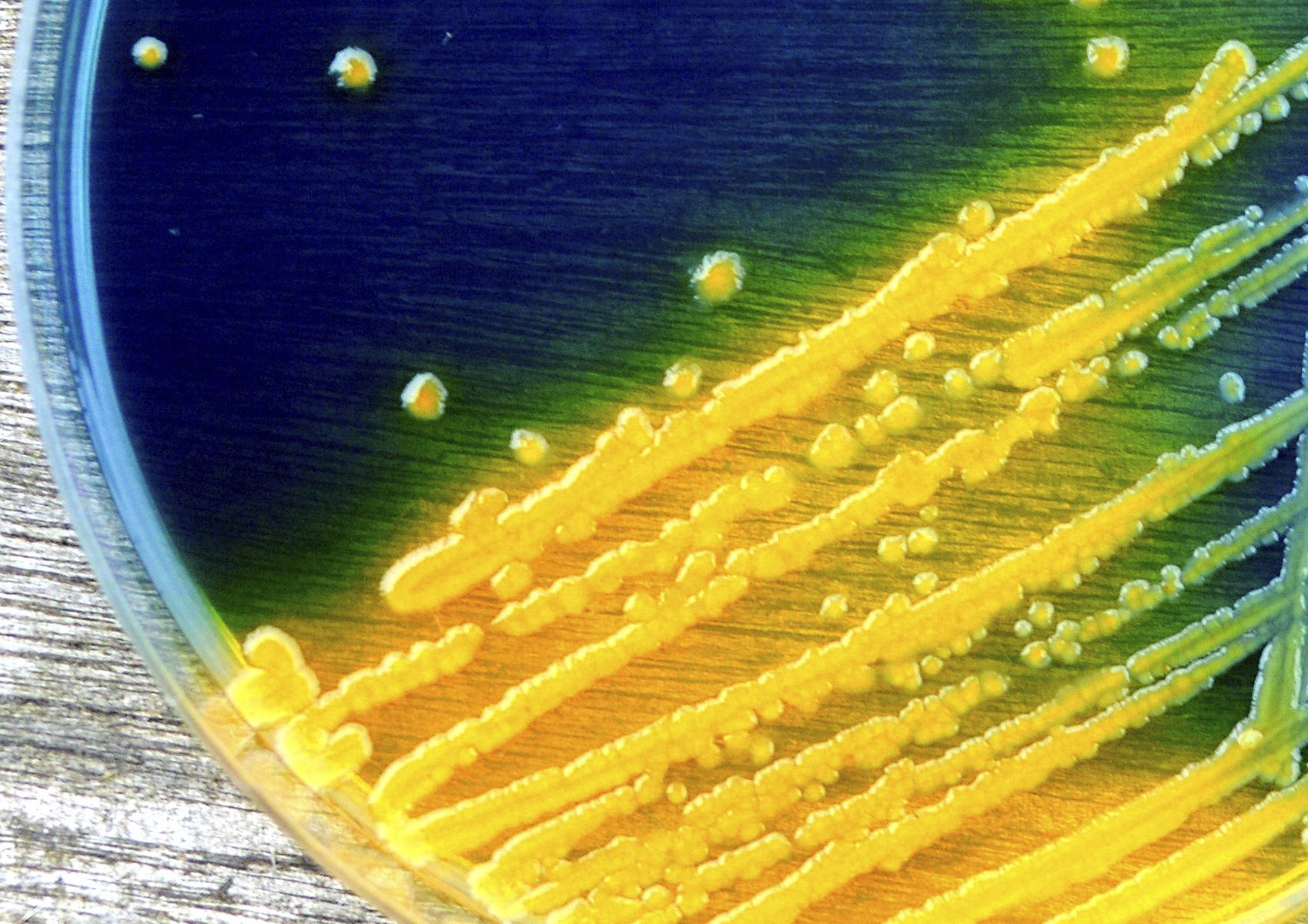I asked our resident scientist, Dr Jack Lee, over a cup of tea this week, why he found bacteria so fascinating………and the first in a series of Jacks Natural Pool Facts was born!
In the beginning there was…..bacteria
Bacteria have dominated the world’s biodiversity since life first evolved on planet earth between 3.5 – 4 billion years ago, and for around 3 billion years, bacterial life had the planet all to themselves.
To put this colossal time frame into perspective, hold your arms out as wide as you can, imagine the origin of life at the finger tips of your left hand, and the present day at the fingertips of your right hand.
From your left fingertip to your right shoulder consists of nothing but bacterial life, and, on this scale, multicellular life appears around your right elbow.
Microbes own, and run, planet Earth
After such an ancient evolutionary heritage it is no wonder bacteria are the most diverse groups of organisms and inhabit almost every possible environment on Earth, from deep sea vents to your belly button.
A handful of soil contains more bacteria than all the humans that have lived their lives out on planet earth since the dawn of our species. If all these bacterial cells were lined up end to end, they would stretch across our milky way 12,000 times.
As well as dominating in terms of diversity and numbers, bacterial cells play an important role in the cycling and transformation of many biologically important elements. Global carbon content stored within these microorganisms has been estimated to be as much the carbon equivalent of 58 billion blue whales.
Why do bacteria matter?
These microorganisms provide crucial ecosystem services and it would be no exaggeration to say that without bacteria, life as we know it would not exist; even mitochondria, the energy generating factories nested by the thousands inside human cells, had their origin as free living bacterial cells.
Bacterial cells in your body outnumber your own cells ten-to-one and add a whopping 2 kg to your body weight. Furthermore, it’s been estimated that less than 0.01% of bacterial species are known to cause disease in humans.
How do bacteria help in our natural swimming pool filters?

Although humans have unknowingly been utilising microorganisms for millennia (beer, bread, cheese, yoghurt and vinegar), relatively few have utilised the true potential of bacteria for cleaning things.
It is this ability to harness the colossal power of bacteria that has enabled us, through several years of research, and a very intense relationship with bacteria, to develop our biofiltration system.
The bacteria selected for our biofilter system, digest nutrients present in their environment to obtain energy to survive.
These hungry little blighters are packed into our filtration modules and, as water is pumped through the system, the bacteria digest nutrients in the water. This enables them to thrive, but stops any germs or algae from being able to survive in the water that is pumped back into the swimming pool.
Bacteria we salute you!
In conclusion it’s therefore safe to say that the whole team here at Clear Water Revival have bacteria to thank for being here, both in evolutionary terms and employment ones.


